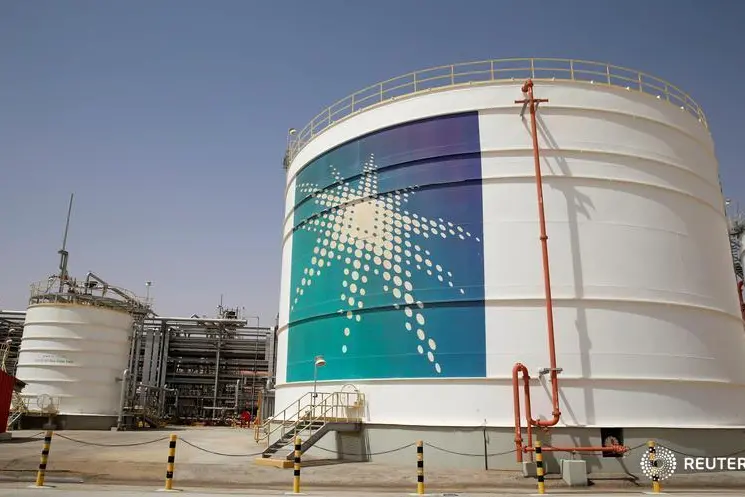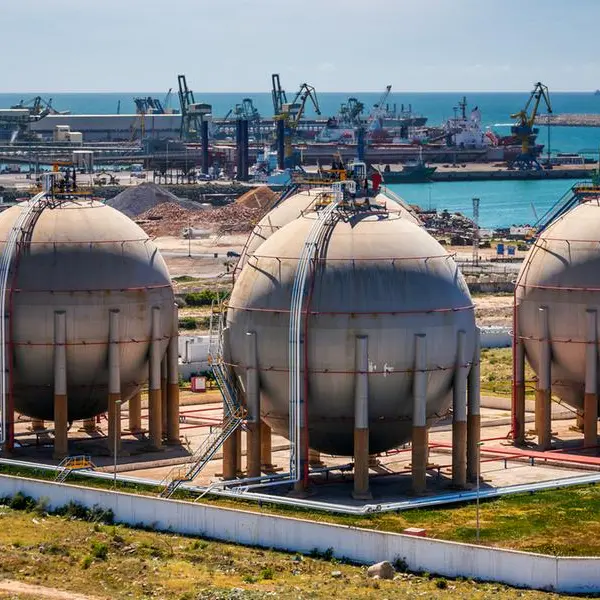PHOTO
Saudi-listed producers in Saudi Arabia said on Wednesday that Saudi Aramco’s new price increases for the year will increase production costs and impact corporate financial results.
The world’s largest oil exporter has sent out notices to businesses in the kingdom, informing them that the cost of Aramco’s feedstock and fuel products will increase effective January 1, 2024, according to multiple filings on the Saudi Stock Exchange (Tadawul).
The price adjustments, imposed on products used to operate plants of various manufacturers, including cement and petrochemical makers in the kingdom, were confirmed by Saudi Kayan Co., Saudi Cement Company, Yanbu Cement Company, Hail Cement Company and Umm Al-Qura Cement Co.
The price hikes could affect corporate results as early as the first quarter of the year, but businesses are assuring shareholders they are looking for ways to mitigate the financial impact.
“The impact of changing the price of fuel products will lead to an increase in the production’s cost,” Yanbu Cement said in a disclosure.
Unprecedented
The oil producer has increased retail diesel rates for the year by 53% to 1.15 riyals ($0.30) a litre, which EFG Hermes Research considers as unprecedented. However, the impact on certain consumer goods producers is likely to be insignificant, EFG had said.
In its disclosure on Wednesday, Saudi Kayan said the financial impact of higher feedstock prices imposed by Aramco will show on their financial results starting from the first three months of 2024.
“The expected financial impact… is estimated at an increase equivalent approximately to 1.2% of the company’s annual cost of sales according to the latest audited annual financial statement,” it said.
Saudi Cement Company said it is currently working out the extent of the financial impact, adding that it will “study ways” to mitigate the same.
Umm Al-Qura Cement Co said that higher prices of fuel used in producing cement will increase their production costs.
“The company will also work during the coming period to explore ways to reduce the financial impact of this amendment on the company’s profit,” it said.
(Writing by Cleofe Maceda; editing by Brinda Darasha)





















